Is Eucerin Good For Tattoos? Everything You Need To Know
A hydrating formula that can maintain your ink’s vibrancy and promote healthy skin healing.
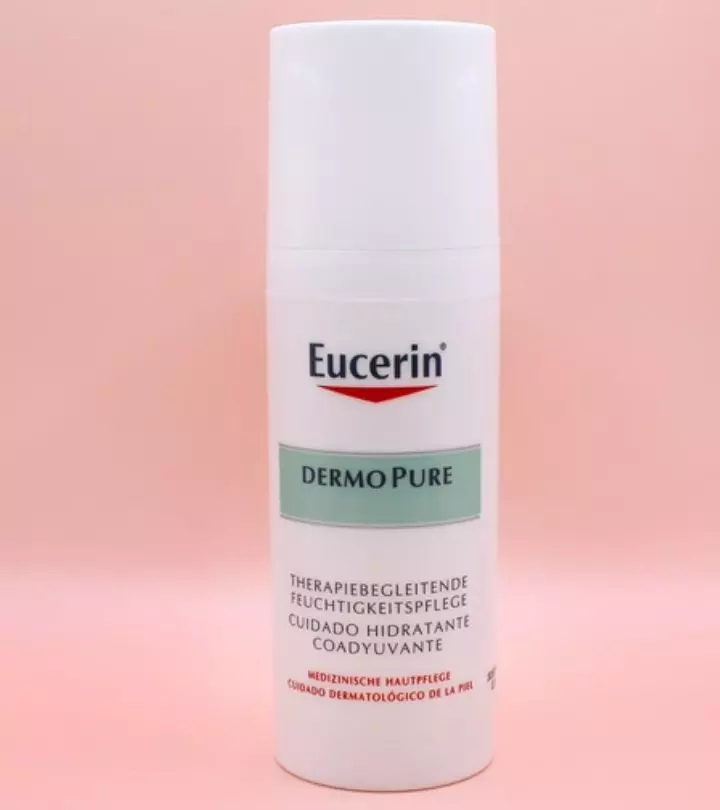
Image: Shutterstock
When you get yourself inked, a gentle moisturizer that keeps your skin hydrated without causing any irritation is crucial. While many tattoo artists recommend Aquaphor or Cetaphil, Eucerin is another brand that is getting popular. But is Eucerin good for tattoos?
Eucerin lotions are known for their gentle, fragrance-free formulas and skin-friendly ingredients that can help soothe a new tattoo and prevent uncomfortable, itchy sensations. This makes them ideal for protecting the vividness and integrity of your fresh ink.
In the world of tattoo aftercare, Eucerin ticks all the right boxes. It is accessible, reliable, and helps moisturize and protect the inked area well. In this article, we will learn about how to reap the benefits of using Eucerin for tattoos and some suitable alternatives. Scroll down to find out more.
In This Article
How To Use Eucerin On A Tattoo
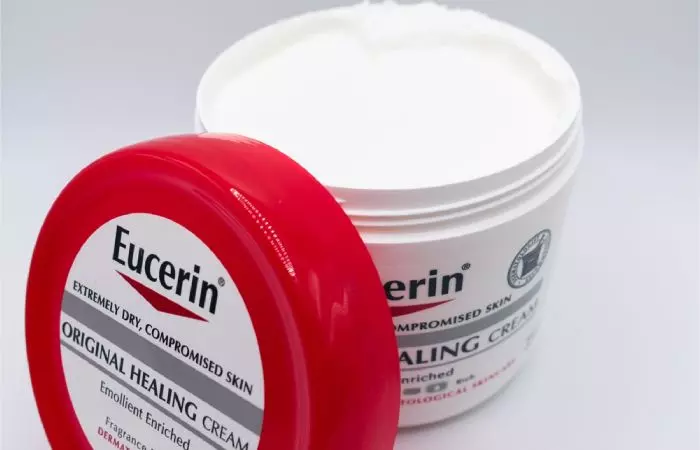
Gently wash the tattooed skin with an unscented, mild soap and lukewarm water. Then, pat it dry with a clean paper towel. Once that is done, apply a thin layer of Eucerin directly onto the tattoo with a clean hand. Ensure that you use an unscented lotion from the Eucerin lineup during the aftercare process.
After applying Eucerin, it’s important to keep your tattoo protected. Stay out of direct sunlight, as UV rays can harm the healing skin. Also, avoid swimming in pools or hot tubs, as the chemicals can irritate the tattoo and cause complications. Taking these precautions will help ensure your tattoo heals properly and looks great.
 Quick Tip
Quick TipProper application of Eucerin can help speed up the healing time. But how often should you use it to reap the benefits? Find out in the next section.
Key Takeaways
- Eucerin provides gentle, fragrance-free formulas that can help in hydrating and healing new tattoos
- Apply a small amount of Eucerin 2-3 times daily for 2-4 weeks to speed up the healing process.
- One can go for suitable alternative tattoo aftercare options such as Aquaphor, Cetaphil, and natural oils.
How Often Should You Apply It To A Tattoo?
Consistency is key for tattoo aftercare. You should generally moisturize your dry and clean tattoo 2-3 times a day with an unscented lotion. However, avoid over-moisturizing the tattoo as this can impede your skin’s ability to breathe and heal properly.
It might feel counterintuitive, but too much lotion can smother your skin and disrupt the healing process. Think of your skin as a plant—it needs just the right amount of water to thrive.
Hence, pay attention to what your skin is telling you. If you notice the tattooed area starting to dry out, looking a bit dull, or feeling tight, lightly apply some Eucerin on the tattoo again. This attentive approach to moisturizing will ensure your tattoo heals optimally, providing a better final result that you will be proud of.
However, signs of unusual dryness or irritation should not be ignored, as it might be a sign to get professional advice. In that case, consulting a dermatologist can help you find the right solution for your skin’s needs.
While the right moisturizing frequency is important, the right quantity also plays a key role in the tattoo healing process. Learn more about it in the section below.
How Much Should You Apply To A Tattoo?
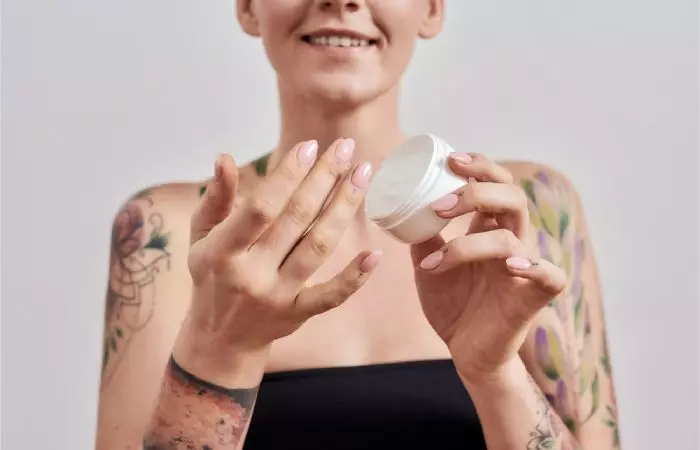
Less is more when it comes to applying Eucerin to a new tattoo. A small dab, roughly the size of a dime, is sufficient to cover a large tattoo. Spread it evenly and ensure it is fully absorbed without leaving any greasy residue behind. If your tattoo is smaller, just a drop or two should suffice. When using Eucerin on tattoos, apply a thin layer that leaves the healing tattoo looking matte instead of shiny.
The right amount of Eucerin can moisturize the skin properly and speed up the healing process. Check out the next section for the appropriate duration for using Eucerin on tattoos.
How Long Should You Use It?
Continue using Eucerin on your tattoo during the entire healing process, which typically lasts between 2-4 weeks. Remember, your tattoo is still settling into the skin and needs consistent care to recover properly during this critical period.
But the care for your tattoo does not end once the surface appears healed. Underneath, your skin is still generating new skin. Therefore, continued use of Eucerin can provide the necessary moisture and protection for complete and thorough healing.
It is important to keep your skin hydrated to maintain your tattoo’s vibrancy as dryness and exposure to environmental irritants can cause the ink to fade. Hence, regularly using Eucerin can help maintain your tattoo’s quality and clarity.
 Trivia
TriviaWhile Eucerin is recommended by tattoo artists for tattoo aftercare, it may not be suitable for everyone. Check out the next section for suitable alternatives to Eurecin.
Alternatives To Eucerin
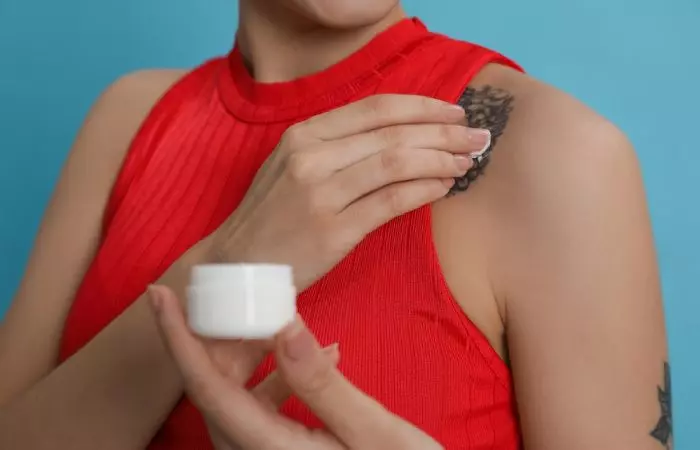
While Eucerin for tattoo aftercare is a popular choice, these are the following suitable alternatives to Eucerin for the healing process:
- Aquaphor
Aquaphor is a fan-favorite when it comes to tattoo aftercare routine. It creates a protective barrier that helps the skin heal without suffocating it. It also provides 24-hour hydration.
- Cetaphil Lotion
For those with ultra-sensitive skin, Cetaphil lotion is another excellent alternative. Tattoo artists recommend using Cetaphil for tattoos because of its gentle, fragrance-free formula. It is also devoid of additives that could irritate a fresh tattoo.
- Coconut Oil
Coconut oil is an affordable and simple option. It has moisturizing and anti-inflammatory properties that can prevent dryness and reduce inflammation (1). However, use a small amount of coconut oil on tattoos as it can feel heavy on the skin.
- Lubriderm Lotion
Lubriderm
is another solid choice for keeping your tattoo moisturized. It is lightweight and fragrance-free, reducing the risk of greasy skin and irritation. It is a reliable and accessible option that many tattoo enthusiasts swear by.
- CeraVe Lotion
Tattoo artists recommend CeraVe for tattoo healing due to its ability to hydrate and repair the skin’s natural barrier. It is formulated with essential ceramides and hyaluronic acid that can help restore moisture and improve skin barrier function (2), (3).
Mei Pang, a blogger, shared her tattoo aftercare process in the video. She spoke about how she avoided fragrant lotions as she did not know how it would react to her skin. She explained what she used instead. She said, “I like to use Cerave moisturizing cream. It’s a super basic cream. I can’t see any of the flakes anymore. It retains moisture (i)!”
When considering alternatives to Eucerin for tattoo aftercare, focus on your skin type and personal preferences. Always spot-test new products to check for an adverse reaction. Also, consult your tattoo artist or a board-certified dermatologist for specific recommendations for your skin’s needs.
Proper aftercare is essential to the tattoo’s longevity and vibrancy. Many tattoo artists recommend Eucerin for tattoo maintenance due to its skin-friendly properties and effective moisturizing capabilities. Applying a small amount of Eucerin 2-3 times per day for 2-4 weeks can help maintain your tattoo’s clarity and quality.
However, remember there is no one-size-fits-all aftercare solution. Your skin’s unique needs should guide your product choice, be it Eucerin or a suitable alternative. Remember, consistent and attentive care will help preserve your ink for years to come.
Frequently Asked Questions
Can I use Eucerin Eczema Relief on my tattoo?
No. Eczema relief products are typically formulated to soothe dehydrated, itchy skin, which is not the same as caring for a new tattoo. While the product may be gentle and hydrating, use products specifically recommended for tattoo aftercare by your tattoo artist.
Is Eucerin Intensive Repair good for tattoos?
Eucerin Intensive Repair is often praised for its moisturizing qualities and could be beneficial once a tattoo has healed. However, the presence of alpha hydroxy acid in it can exfoliate the skin and irritate your tattoo. Hence, wait until the tattoo has healed significantly before using this product.
Is Eucerin Itch Relief lotion safe on a tattoo?
No, while iItch relief lotions are formulated to tackle itching, they contain ingredients that may not be ideal for new tattoos. Check the components and consult your tattoo artist before applying any itch-relief product to a new tattoo.
Which is better for tattoos – Aquaphor or Eucerin?
It is generally recommended to use Aquaphor for tattoos in the initial healing days due to its occlusive properties. It can help retain moisture and protect the wound from bacterial infection. Eucerin is often suggested for regular moisturizing after the initial healing phase to retain the tattoo’s vibrancy. You can include one or both products as per your preference. However, consult your tattoo artist or dermatologist before using them.
Which is better for tattoos – Eucerin or Cetaphil?
Both Eucerin and Cetaphil are ideal for tattoo aftercare. Cetaphil’s lightweight formula is ideal for new tattoos on oily skin. Eucerin’s lotions, on the other hand, are hydrating and suitable for those with dry skin or in drier climates.
A light moisturizer that provides breathability while preserving the ink is what makes Eucerin an excellent tattoo aftercare option. Check out this informative video to learn more about Eucerin and possible alternatives.
Personal Experience: Source
StyleCraze's articles are interwoven with authentic personal narratives that provide depth and resonance to our content. Below are the sources of the personal accounts referenced in this article.
(i) Tattoo Aftercare: How I Heal My Tattooshttps://www.youtube.com/watch?v=PWnVxgtC48Q
References
Articles on StyleCraze are backed by verified information from peer-reviewed and academic research papers, reputed organizations, research institutions, and medical associations to ensure accuracy and relevance. Read our editorial policy to learn more.
- In Vitro Anti-Inflammatory And Skin Protective Properties Of Virgin Coconut Oil
https://www.ncbi.nlm.nih.gov/pmc/articles/PMC6335493/ - Ceramides and Skin Function
https://www.researchgate.net/publication/10929073_Ceramides_and_Skin_Function - Hyaluronic Acid in Dermatology
https://www.researchgate.net/publication/322129731_Hyaluronic_Acid_in_Dermatology
Read full bio of Brik Rangel
Read full bio of Aparna Harry
Read full bio of Eshna Das
Read full bio of Pahul Nanra






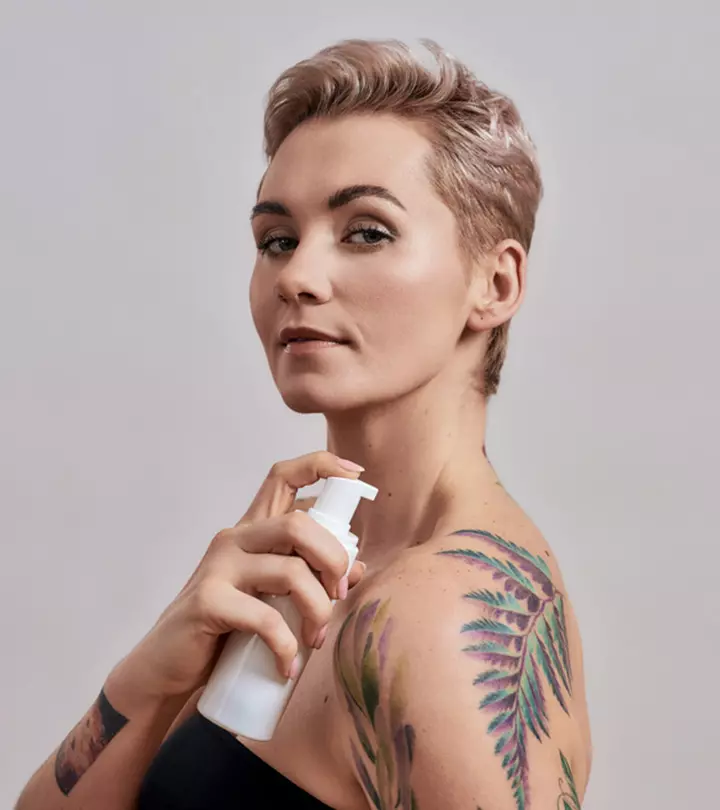
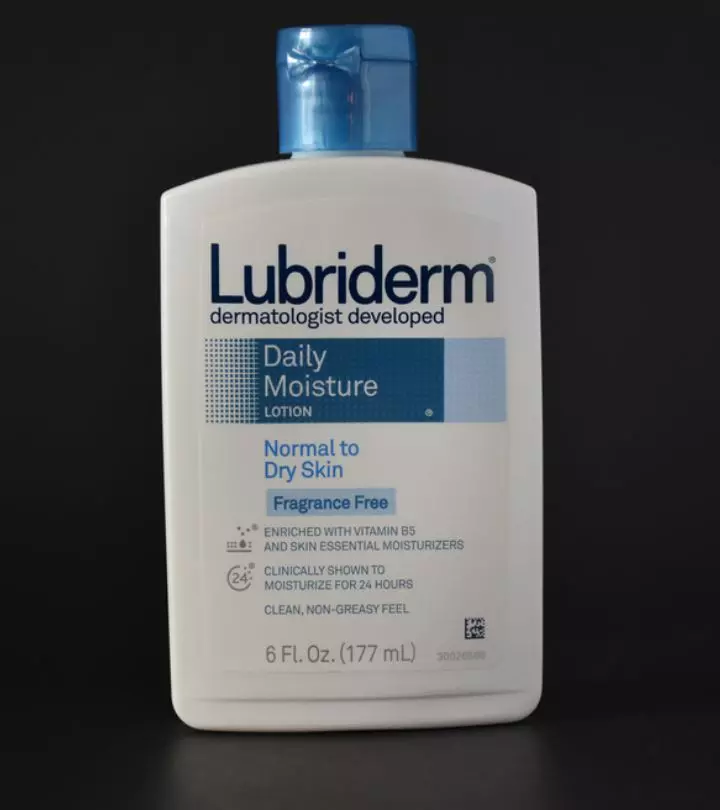
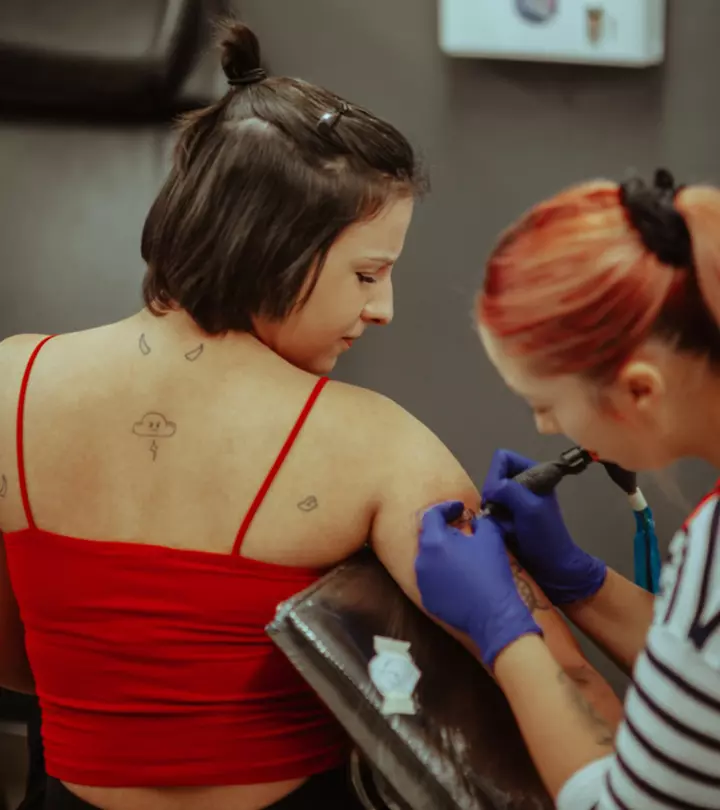

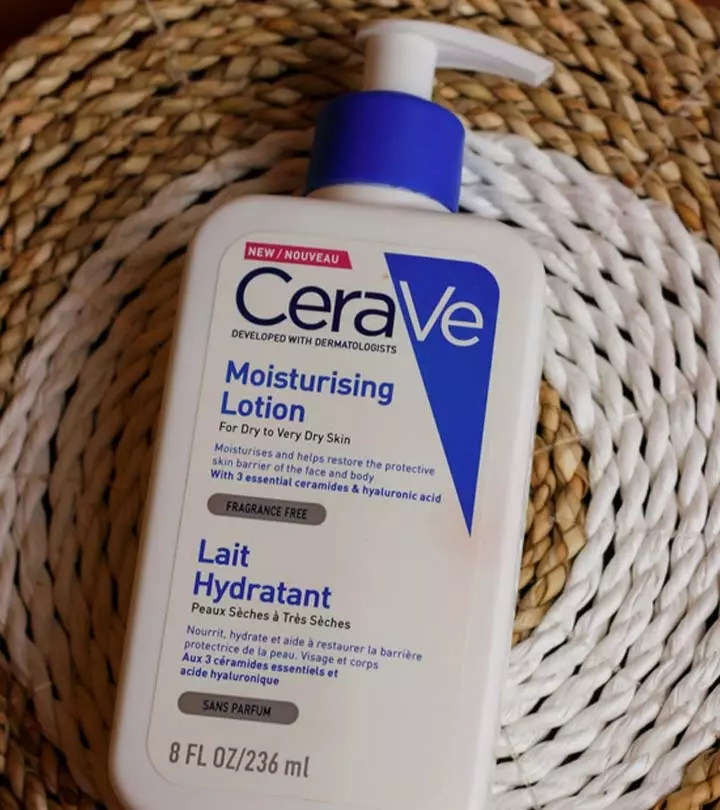
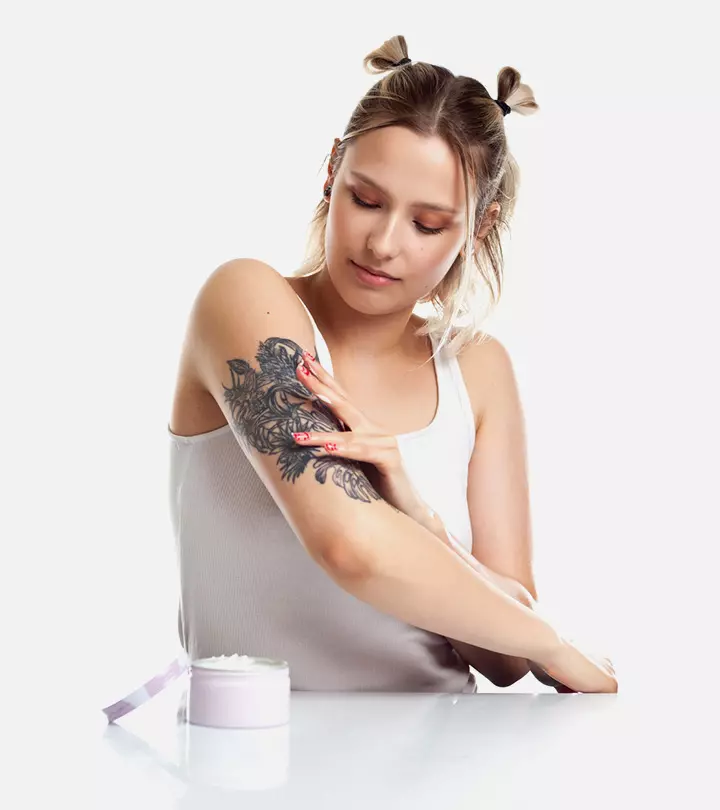

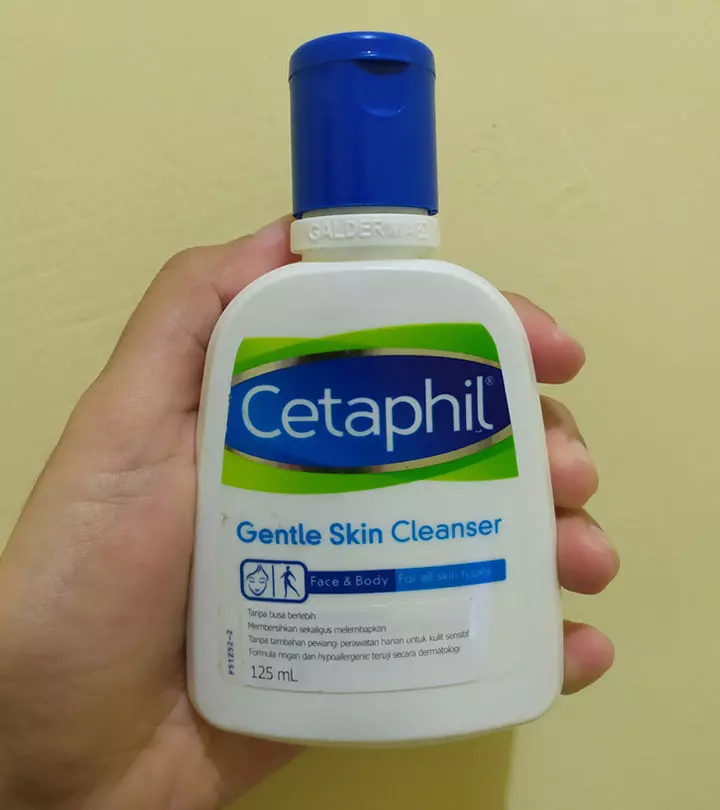

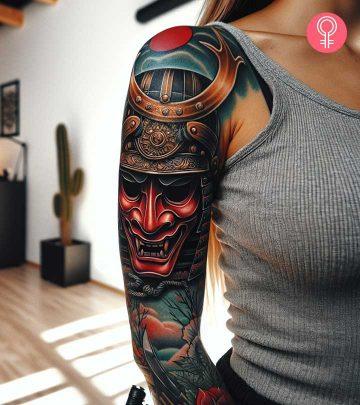



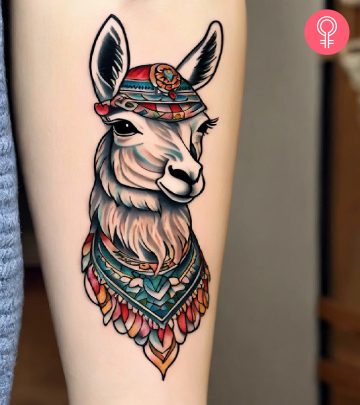
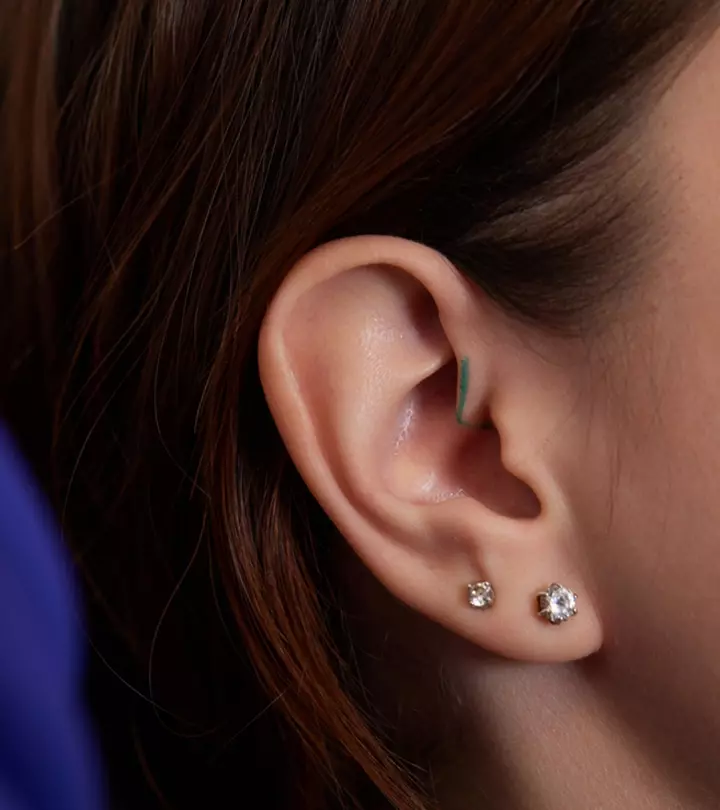
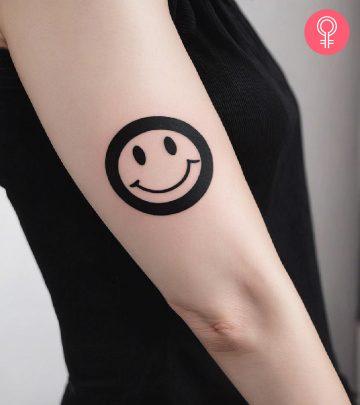

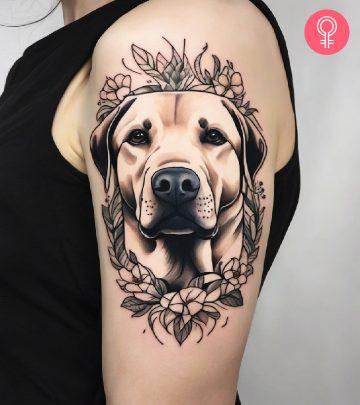
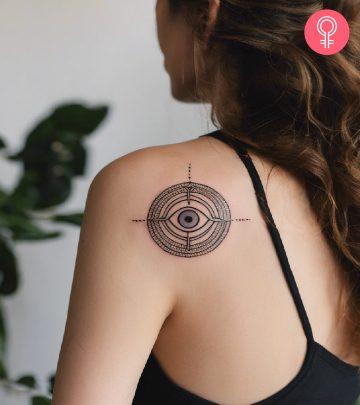

Community Experiences
Join the conversation and become a part of our empowering community! Share your stories, experiences, and insights to connect with other beauty, lifestyle, and health enthusiasts.